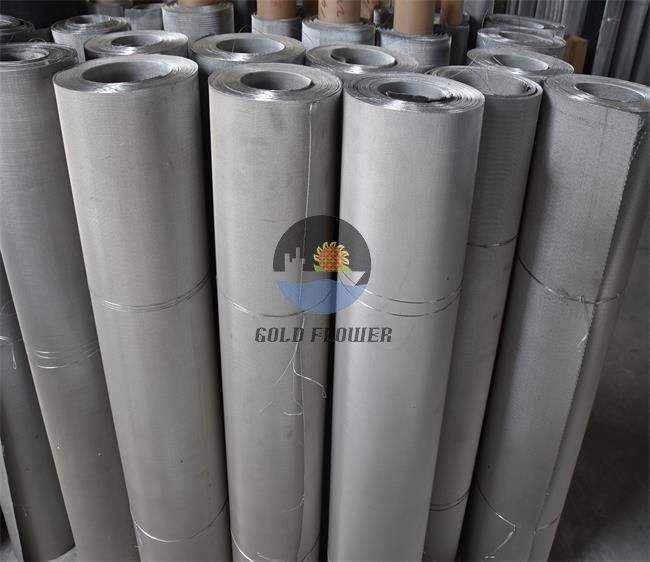A kitchen chimney filter is essential for keeping your kitchen clean, sanitary, and odor-free. Without a doubt, anybody can install a kitchen chimney filter at a low cost.
However, it is pertinent that these filters be changed after a few months of use. The primary difficulty that everyone has with kitchen-style chimney filters, is that it is difficult to select the right type. Different types of filters may leave you confused about the selection process. If you pick the finest one, understanding the many types of kitchen chimney filters and their advantages may be beneficial. The following are some of the most common varieties — categorised based on material and manufacturing structure:
Table of Contents:
Mesh-Filter Chimney
- Benefits of mesh-filter chimneys
- Disadvantages
Baffle-Filter Chimney
- Advantages of the baffle filter
- Disadvantages
Auto-Clean Chimneys
- Advantages of auto-clean chimneys
- Disadvantages
Summing up
Frequently Asked Questions (FAQs) about Kitchen Chimney Filters
Mesh-Filter Chimney
A mesh-filter is also called a cassette filter. The several layers of filters, preserve the small holes in them that allow excess smoke to flow through and dust particles to be collected. These filters are made of either aluminium or stainless-steel. Of course, stainless-steel mesh filters are more expensive than aluminium mesh-filters. Because the aluminium cassette-filter is lightweight, you must be extra cautious while cleaning them. These filters, without a doubt, are easy to use. Stainless steel, on the other hand, is excessively heavy, but it is easy to clean. Mesh-filters usually require to be cleaned once a week – dishwashing solutions and baking soda, make for quick and accessible cleaning agents, to aid in the same.
Benefits of A Mesh-Filter Chimney
- The chimney’s primary function is to absorb dirt and smoke particles. Mesh filters provide great cleaning capabilities.
- It makes for a convenient size. It is simple to handle and is lightweight. You also have the option of removing the filter from the chimney at any given time.
- Mesh filters are easy to clean and help maintain appropriate hygiene, which improves the overall usage of the kitchen chimney.
- The most significant advantage of cassette filters is that they are less expensive than other types.
Disadvantages:
- The filters must be cleaned on a regular basis, at least once a week.
- The filters may not always be able to withstand high temperatures.
- The filters allow free ventilation, however they may also often get clogged with repeated use.
Stainless Steel Wedge Wire Mesh
Baffle-Filter Chimney
In Baffle-Filter Chimneys, the filters comprise aluminium and steel with a steel covering. Baffle filters are typically composed of stainless steel. The filter-panel is made of several patches through which the air travels. This method chunks the excess oil, smoke, and grease. This is the best option for Indian kitchens. It is sufficient to clean the filters once every six months. If you pick the baffle-filter, you must replace it after five years of use.
Advantages of the Baffle–Filter Chimneys
- These filters need little maintenance and are easy to clean.
- A filter’s lifespan exceeds your expectations.
- They aid in improving airflow and creating a more pleasant atmosphere in the kitchen.
- To increase air flow, the baffle filter, comes equipped with effective suction power motor.
- If you like making spicy foods, choose a chimney with a baffle filter.
Disadvantages:
- Because baffle filters are heavier, they are harder to remove from the chimney while cleaning.
- These filters are also pricey.
Auto-Clean Chimneys
Auto-clean chimneys come in filterless models, which include a heating element that melts collected oil and drips it into a detachable collecting tray. The kitchen hood may be cleaned by collecting oil from the motor group assembly into the oil collection cup with a single touch of the control panel. This function helps to minimise grease blockage in internal components, resulting in a longer product life.
Auto-clean chimneys clean themselves, which reduces maintenance. However, filters must be cleaned on a regular basis. In these chimneys, emptying the oil collection is a tedious job, that must be done in frequent intervals. There are also some filterless models from brands like Kutchina that provide all-round convenience in use.
Advantages of auto-clean chimneys
- No filters
- Easy to maintain
- Low noise levels
- Oil can be collected by clicking a button
Disadvantages:
- Emptying oil must be done manually
Summing up
Chimneys are among necessary kitchen appliances. In terms of convenience, auto clean chimneys stand out as they completely eliminate the need to clean filters. Also, filterless chimneys are the future of kitchen chimneys, as many models like Kutchina offer chimneys with auto-clean technology for a reasonable price.
Frequently Asked Questions (FAQs) about Kitchen Chimney Filters
- What are Mesh Filter, Baffle Filters and Autoclean Chimneys?
Mesh filters come with small perforations, to allow smoke coming from gas stoves to pass and collect grease. Baffle filters contain several layers of metal sheets, through which smoke passes and oil is collected. AutoClean chimneys are those which do not have any filters at all. A heating element melts and collects oil particles in a tray.
- What is an AutoClean Chimney?
An auto-clean chimney is a device that employs an automated, full-sized blower to draw hot gases from a cooktop or stove. It sucks in hot gases as well as oil particles generated from cooking. In an auto-clean chimney, oil particles are trapped in a heating element that enables the oil to assimilate in a collecting tray, while the hot gases are sent outside the kitchen.
- Which chimney makes for a better choice: filter or filterless?
While both types work efficiently in most models available in the market; a filterless model is always recommended, if you desire convenience.


